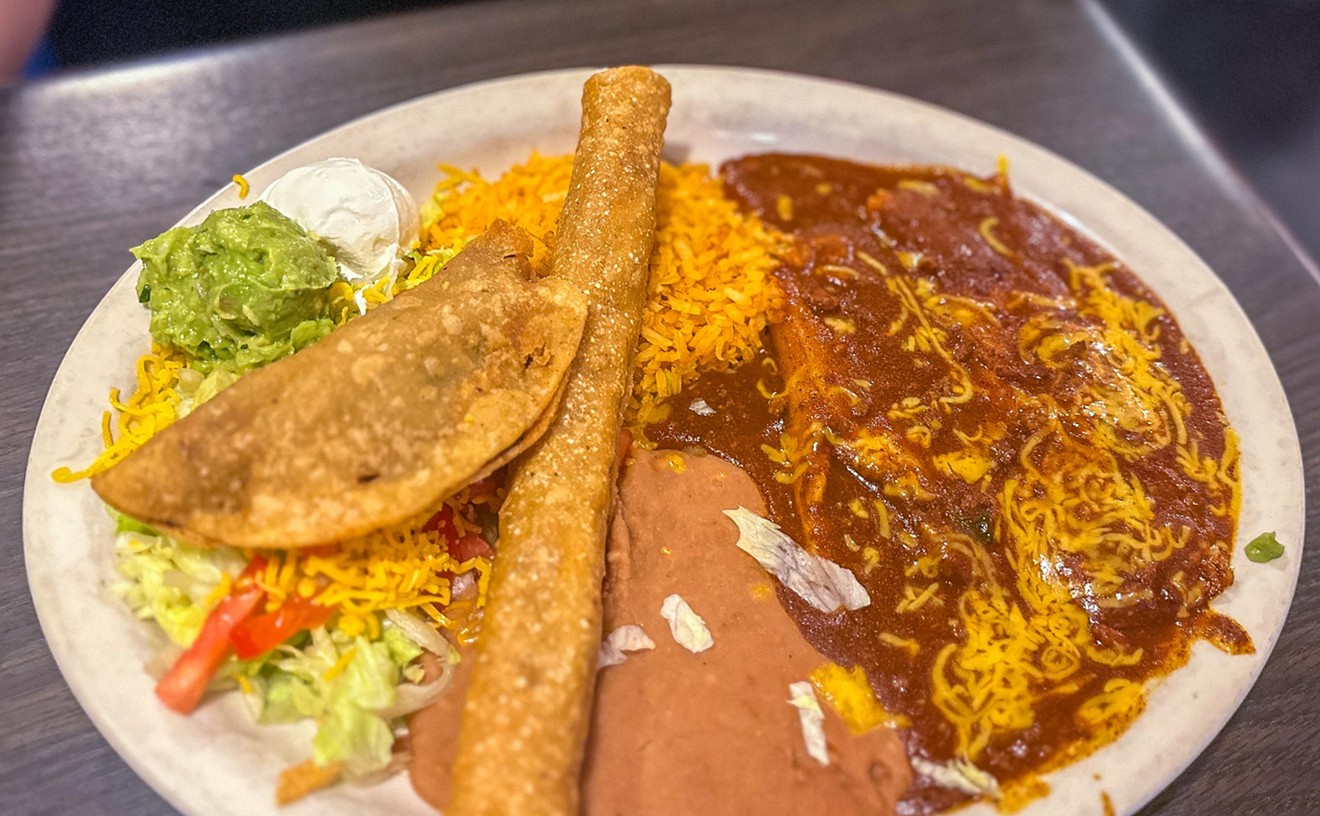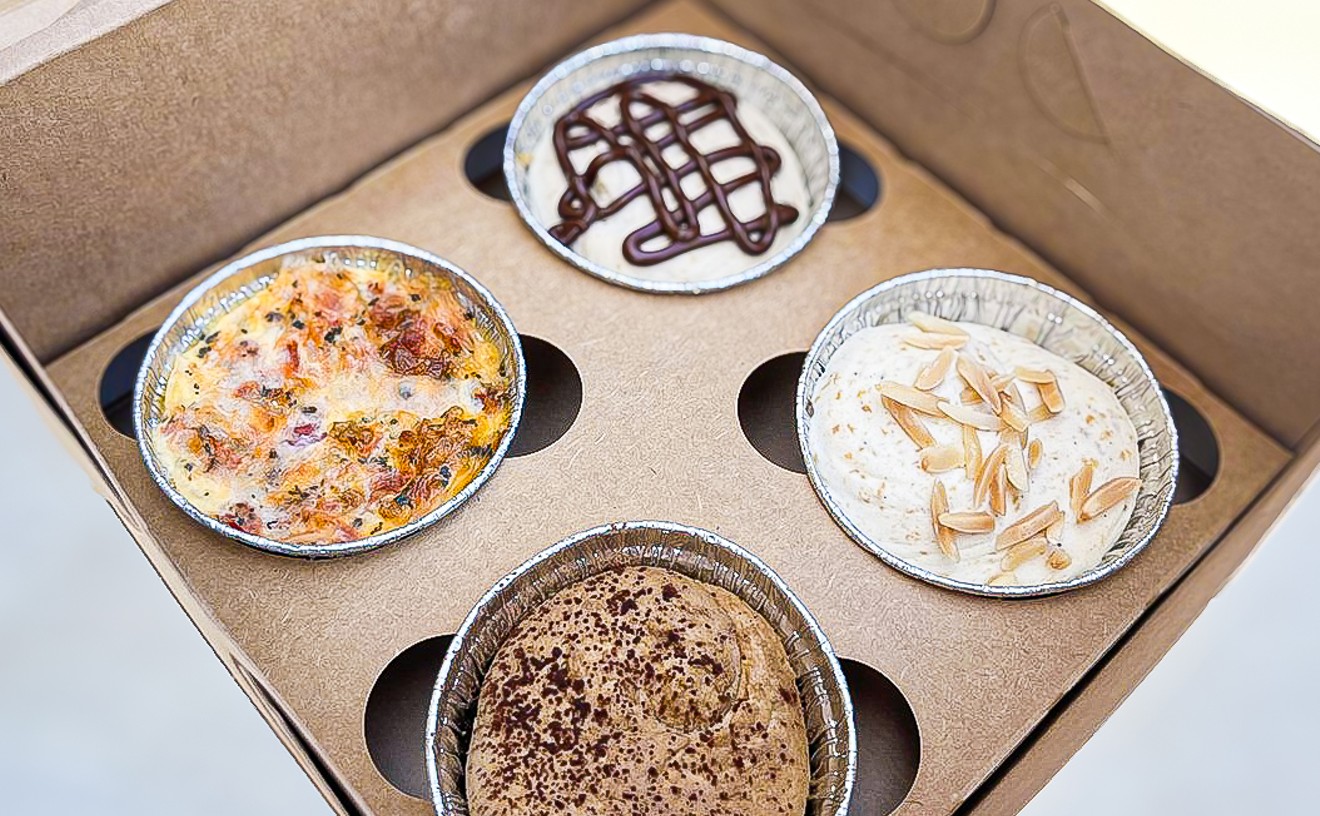My graduate degree, like most, hasn't been good for much. But today -- and, I strongly suspect, today only -- it qualifies me to expertly parse the most attention-getting exchange of the Elana Kagan confirmation hearings.
When Lindsay Graham yesterday pressed Elana Kagan to recall where she was last Christmas, she told the South Carolina senator: "Like all Jews, I was probably at a Chinese restaurant." Kagan's fellow New Yorker Senator Chuck Schumer then jumped in to explain: "Those are the only restaurants that are open!"
In fact, American Jews' affinity for Chinese food doesn't just turn on scheduling concerns. I actually wrote my master's thesis on the reasons underlying the relationship between Jews and Chinese food (a topic which, by the way, makes no sense to those unaware that Jews consider wonton soup and lo mein their ethnic cuisine; some people have responded like I'd just told them I planned to explore the relationship between baseball and tire pressure.)
Since a 100-plus page research paper isn't exactly blog-friendly, I'll just summarize my findings after the jump:
- Chinese food is kosher-ish. Sure, every Chinese menu has dedicated categories for pork and shellfish, but the offending ingredients are chopped, sliced and diced, so if eaters don't look too closely -- or stare into their own hearts -- the kosher argument's almost plausible. Plus, Chinese food is dairy-free, so diners don't have to worry about mixing milk and meat.
- Chop suey's sophisticated. Maybe not anymore, but chop suey parlors represented the height of urban glamour in the 1920s. Newly arrived Jews, who've always prized education and learning about the world, made chop suey a cornerstone of their edible American education.
- All white people look the same. Immigrant Jews faced varying degrees of anti-Semitism on New York City's mean streets, but considered Chinese restaurants an oasis from bigotry. Since Chinese staffers generally didn't care to distinguish a Jewish face from an Italian one, Jews believed they were treated better in Chinese restaurants.
- Location, location, location. Chinatown butted up against the Lower East Side, which made it easy for Jewish residents to grab dinner at a dumpling house. And, as Schumer would point out, those neighborhood restaurants were open even on Sundays. But here's the real importance of geography: The vast majority of American Jews trace their roots to the Lower East Side, meaning New York traditions became Jewish traditions. While Italian and Irish immigrants in New York certainly enjoyed Chinese food too, their brethren in Boston and Milwaukee and St. Louis didn't pick up the same habit -- or decide it was central to their ethnic group's identity. Jews eat Chinese food largely because that's what early 20th-century New Yorkers did.
Interestingly, it's become harder to find Chinese food on Christmas, since many restaurant owners now observe the holiday. But, as Kagan and Schumer said, for most Jews, it doesn't feel like Christmas without moo shu chicken.
Bonus: Back in 2007, this YouTube video celebrating the Jewish Christmas phenomenon was a seasonal favorite. The tune's still catchy:










